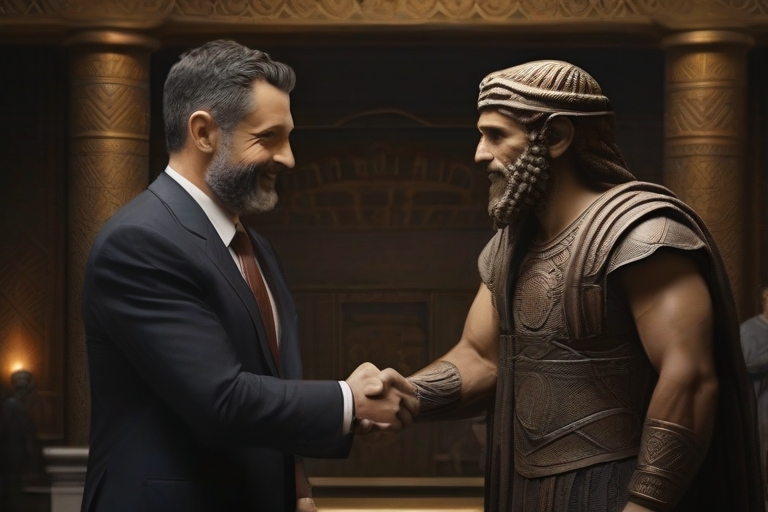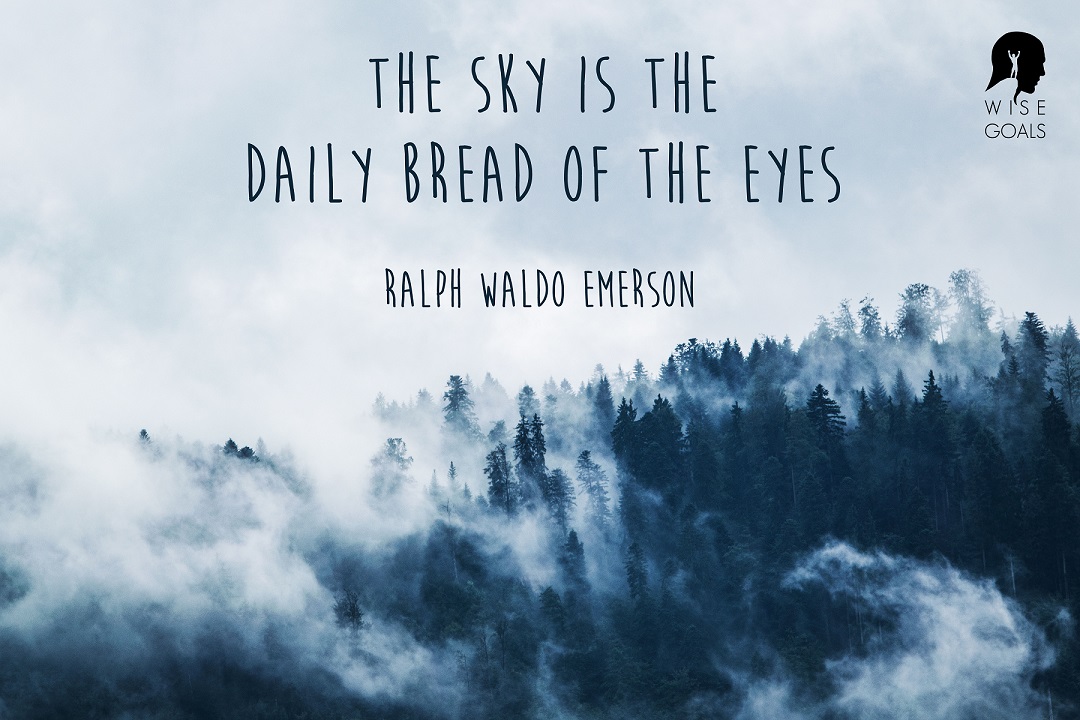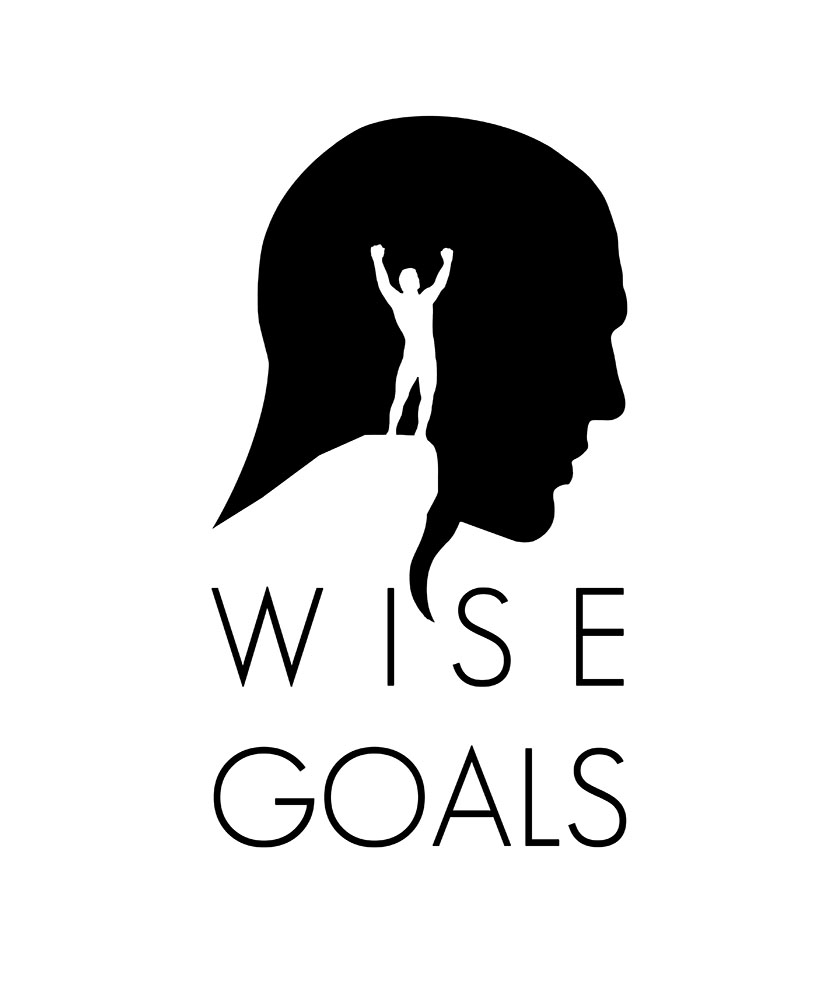
Resolutions Through Time: A Journey from Babylon to Modern Aspirations
If there's one tradition that epitomizes hope and change, it's setting resolutions at the new year. A fresh start, 365 unspoiled days ahead and the opportunity to become a better version of ourselves.
But have you ever wondered about the origins of New Year’s resolutions? Why is this amazing opportunity to commit to new goals every January 1st ingrained in our culture? Who do we have to thank?
Babylonian Beginnings
The history of New Year's resolutions takes us back about 4000 years, to the ancient Babylonians. They are credited with starting this tradition. Can you imagine what kinds of resolutions they set?
The Babylonians celebrated Akitu, an epic 12-day religious festival that marked their new year, which began in mid-March. During Akitu, they either crowned a new king or reaffirmed their loyalty to the reigning king. And guess what? They also made resolutions: the most popular being promises to the gods to pay their debts and return anything they had borrowed.
Continuation in Ancient Rome
A couple of millennia later the ancient Romans, led by Julius Caesar, also partook in making resolutions. When Caesar updated the calendar and established January 1st as the initiation of the new year around 46 B.C., Romans began their year by making promises to the god Janus, after whom January is named.
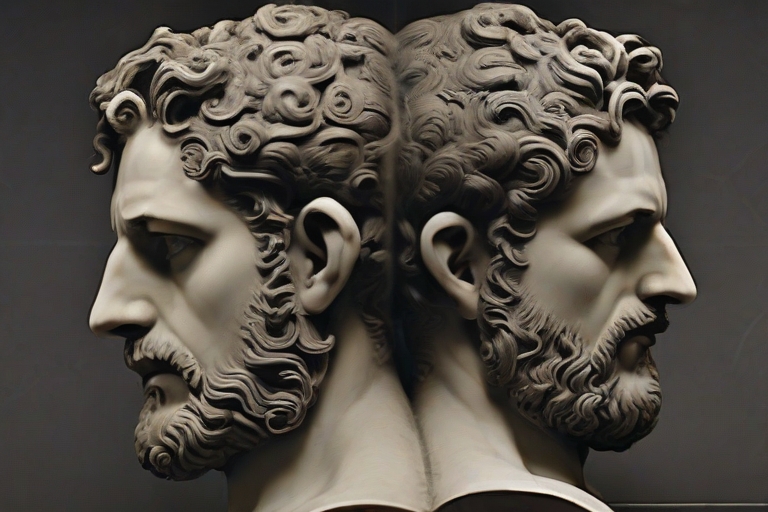
Janus, a mythical roman god, is typically depicted with two faces, one facing the past and the other facing the future. This duality represents his ability to oversee beginnings and endings, as well as transitions and changes.
The Romans celebrated the Feast of Janus on January 1st, which marked the beginning of the new year. During this time, people would exchange well-wishes and make offerings to Janus for a prosperous and fortunate year ahead.
Early Christian Resolutions
Come middle ages, and the Christian faith adopted a different take on New Year resolutions. Instead of making promises to gods, early Christians spent the first day of the new year reflecting on past mistakes and resolving to improve in the future. This became an integral part of the 'Watch Night' services held every New Year's Eve.
Knights and The Peacock Vow
During the Medieval era, knights took "peacock vows" at the end of each year to recommit to chivalry.
The term may have been used metaphorically to describe the grandiosity or the colorful and intricate nature of the promises made during these ceremonies. The peacock, with its vibrant and ornate feathers, is often seen as a symbol of beauty, nobility, and renewal.

As such, the phrase "peacock vow" could be a poetic expression to convey the solemn and visually striking nature of the commitments made by knights during these ceremonies.
The choice of the term "peacock vow" likely reflects an attempt to capture the richness and significance of the vows made by knights rather than a direct historical reference to a specific ceremony involving peacocks.
Resolutions in Great Britain and America
By the 18th century, the moral nature of New Year's Resolutions was still prevalent. At the end of the year, people listened to sermons that reminded them of the passage of time and the importance of making worthwhile resolutions. Fueled by the sense of renewal at the start of a new year, they rededicated themselves to becoming better people.
Modern-Day Resolutions
Fast forward to the 21st century – New Year's resolutions are pretty different.
Nowadays we live in a society that has developed tremendously. Global progress has led to increased life expectancy, reduced poverty, and improved access to education and technology. We have individual freedoms, and innovation driving positive change.
It's unsurprising then that we can relax a little and focus our resolutions on more abundance-related topics such as great health, wealth, and self-improvement.

Although their form has evolved, however, their essence — a reflection of hope, aspiration, and change — remains unchanged.
Common Themes of Resolutions: Time-Honored Traditions vs. Present Trends
Whether it's the Babylonian farmer promising to return borrowed farm equipment, the Roman citizen making vows to Emperor Janus, or a 21st-century urbanite committing to a healthier lifestyle — the thread of making promises, setting goals, and striving for better continues to weave its way through the fabric of our society.
Global Diversity in New Year Practices
There's remarkable diversity in how different cultures celebrate the new year and set their own kind of resolutions. From the Chinese New Year, where people partake in symbolic rituals and wish for prosperity, to the Jewish observing Yom Kippur, there's no one universal way to set new year resolutions.
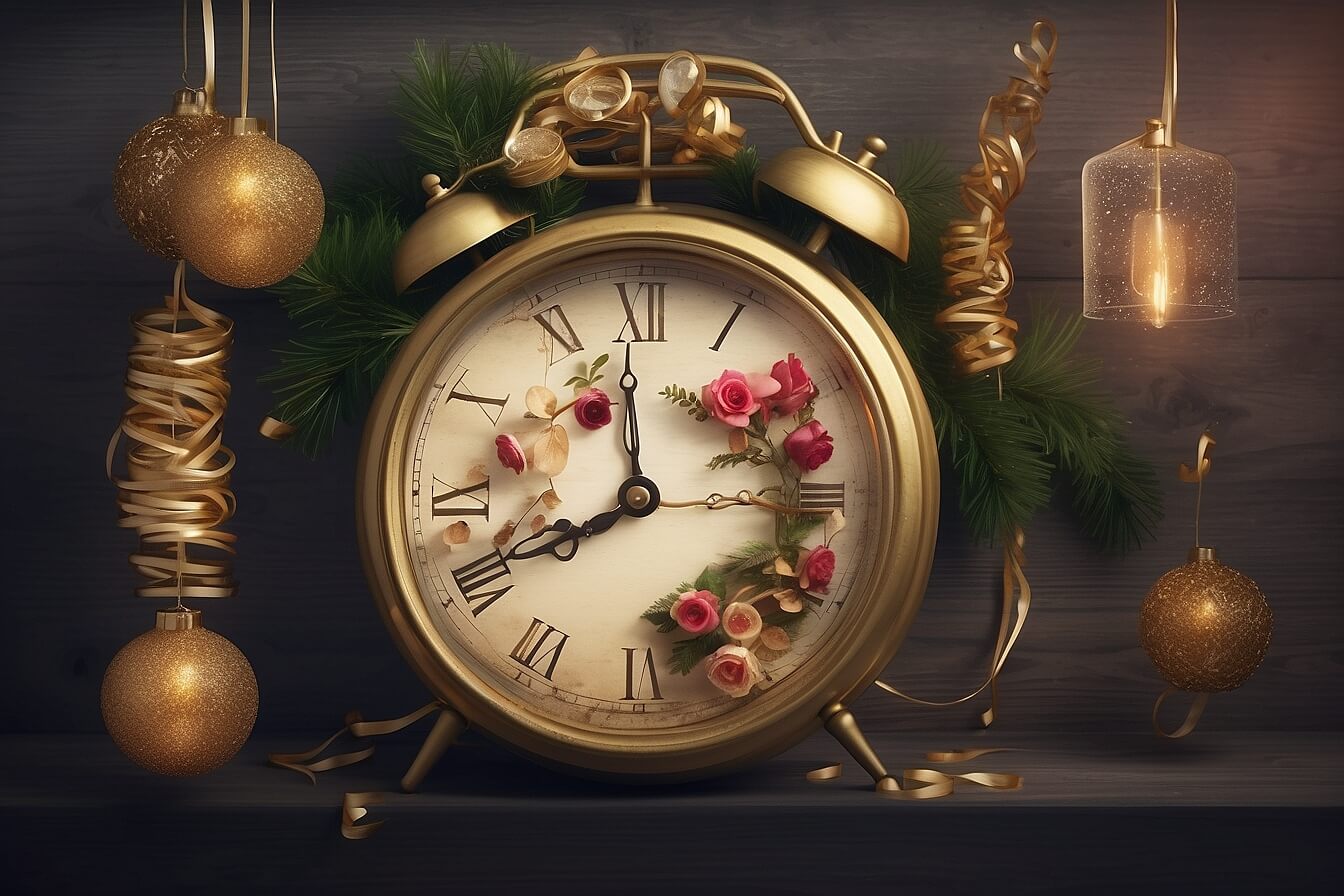
Each culture brings its unique values and customs to the practice, showcasing a universal human inclination towards self-improvement, hope, and a fresh start as the new year begins.
The Founding Ethos: Repayment and Moral Rectitude
While the history of New Year's resolutions is long and varied, looking back allows us to see a common thread binding them — the ethos of repayment and moral uprightness. Though the specifics of these promises may have changed over the centuries, the idea of taking stock, making amends, and starting fresh is a human instinct that has not.
Influence of New Year Resolutions on Modern Life
Today, the practice of making resolutions is more than a cultural tradition. Corporations, industries, and even governments leverage new year resolutions to forecast trends, market products, and shape policies.
Success vs. Failure: A Monumental Contention
Here's a fun fact! According to various studies, only about 8% of people keep their New Year's resolutions.
Now, that might seem a bit gloomy, but this heralds an important aspect of resolutions - they're challenging, tangible reminders of our aspirations, even if we don't always meet them.

Societal Change Via Resolutions
Over time, societal trends in resolutions have mirrored larger changes in our culture. Resolutions offer a snapshot of the prevailing ethos at any given time, marking shifts in societal values and goals.
In Conclusion
So there you have it, a sweeping journey through the history of New Year's resolutions. From its ancient origins as a means to appease the gods and repay debts to its modern iteration as a vehicle for personal improvement and societal change, this tradition holds a mirror to human nature and its inherent desire for betterment and growth.
Whether you resolve to be more patient, lose weight, save more money, or just be a better human being, you're partaking in a tradition that spans centuries, cultures, and continents. And from this perspective, doesn't that make setting and pursuing a resolution seem even more interesting, maybe even a little more exciting?
Happy New Year and Happy Resolution Making!
Congratulations! You're now immersed in the ancient societies through resolutions. Look at you, time-traveling through the history of resolutions!
Remember, each resolution you make threads you back to our shared cultural past. This new year, why not make a toast to our Babylonian, ancient roman, early Christian, and noble knight friends acknowledging their role in keeping this great heritage alive and well. Here's to continuing this time-honored tradition in a way that brings positive change to our lives!
Remember, every resolution is a step towards a better future. So, go ahead, make that resolution. After all, it's a tradition!
- Home
- Set New Year's Resolutions
- History of New Year's Resolutions
Recent Articles
-
Break Through With 11 Stylish Goal Setting Worksheets (PDF, FREE)
Use these goal setting worksheets and templates to work through your goals and dreams creating motivation & momentum. Choose from 11 inspiring worksheets! -
Unlock Your Potential with Coaching & Positive Psychology | WiseGoals
WiseGoals empowers leaders, students, and athletes to unlock their potential through evidence-based coaching psychology, focusing on both success and happiness -
Wellbeing Coaching for Young Adults | Achieve Balance & Success Today
Looking for expert wellbeing support? Our certified coaches help young adults manage stress, stay motivated, and thrive in university life. Free first session! -
Wise Goals Health and Wellbeing Coaching Consultation
Take control of your wellbeing journey. Our certified coaches offer tailored advice in health, mindset, and wellbeing. Book your consultation for lasting change -
Healing a Traumatic Childhood: Mental Health Goals for a Bright Future
Find out how focusing on self-compassion, optimism, and meaning can counteract the effects of a difficult childhood and lead to lasting mental well-being.
